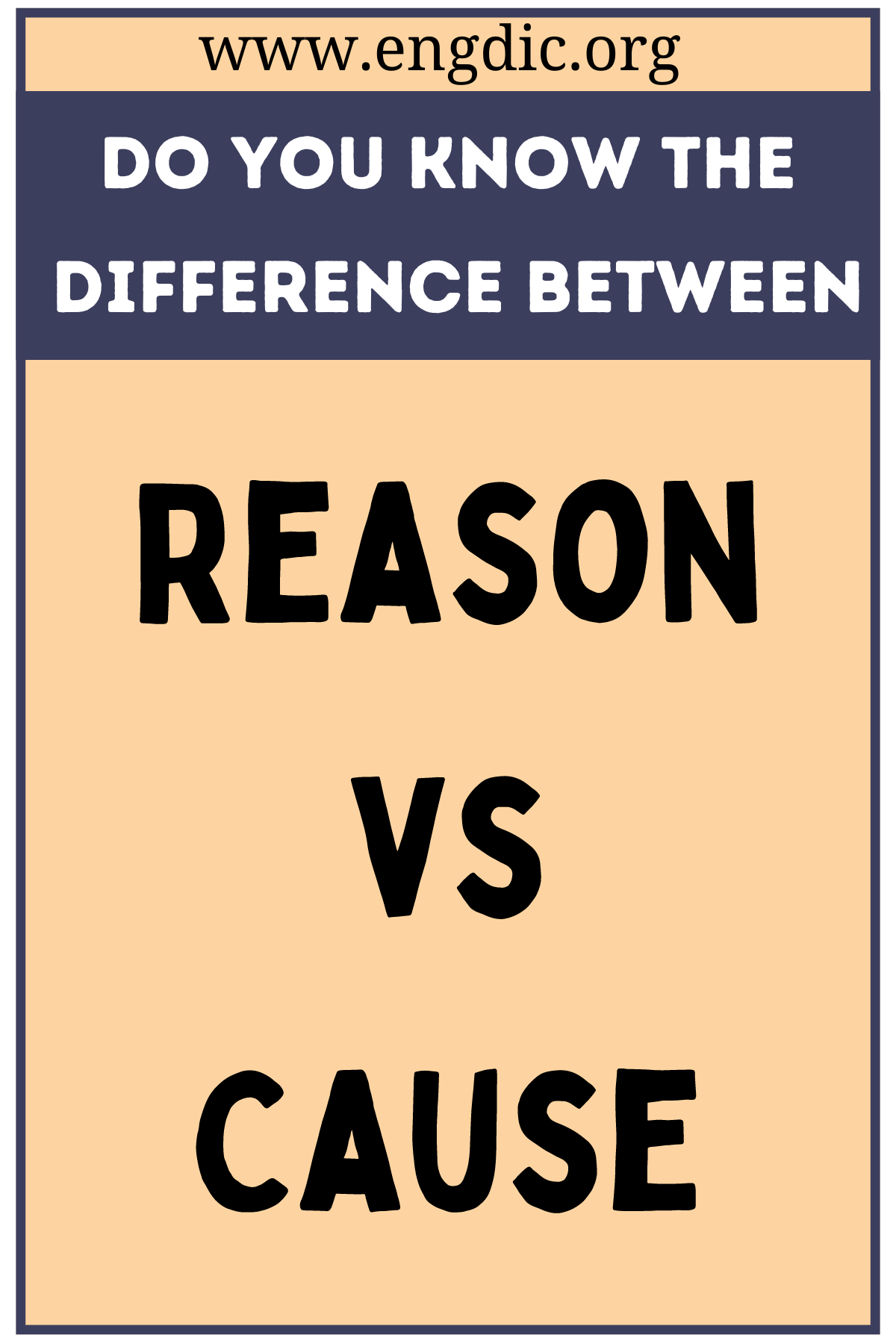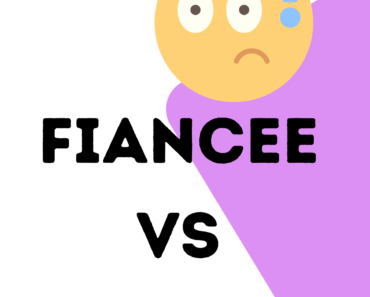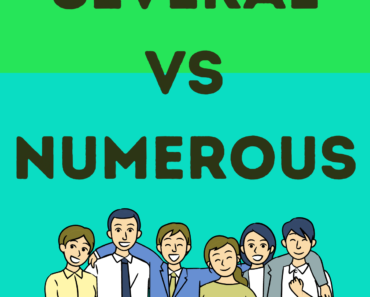“Reason” and “cause” are often used interchangeably, yet they have distinct meanings.
- A “reason” is an explanation or justification for an action or belief, grounded in logic or motives.
- In contrast, a “cause” is an event or action that directly leads to a specific outcome.
For example, a reason for studying hard is to pass an exam, while the cause of a plant’s death might be overwatering. Understanding the nuances between “reason” and “cause” can help in expressing the right context in communication.
Reason: Definition, Usage, and Examples
Definition: A “reason” is a logical explanation or justification behind an action, belief, or situation. It’s often based on motives, intentions, or logic rather than physical causation.
Usage:
- Motives: Explains why someone does something. Example: “The reason I joined the gym is to get fit.”
- Explanations: Justifies decisions or conclusions. Example: “The reason for the project’s success is teamwork.”
- Arguments: Offers rational grounds for a statement. Example: “His reason for opposing the policy is its high cost.”
Cause: Definition, Usage, and Examples
Definition: A “cause” refers to a factor or event directly responsible for bringing about an effect or result.
Usage:
- Events: Highlights the direct factor leading to an outcome. Example: “Heavy rain was the cause of the flooding.”
- Actions: Indicates an action leading to an effect. Example: “Negligence was the cause of the accident.”
- Scientific Explanation: In scientific contexts, cause is used to describe phenomena. Example: “A virus is the cause of the flu.”
Understanding the difference between “reason” and “cause” ensures precision in both formal and informal communication contexts.







